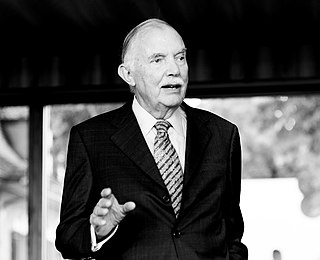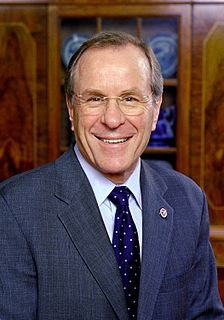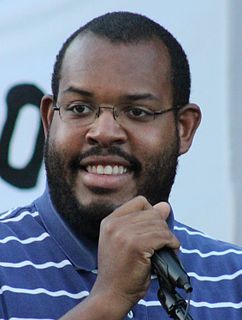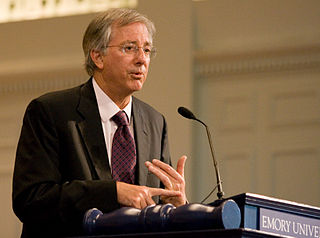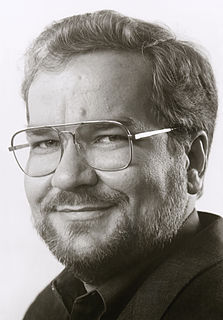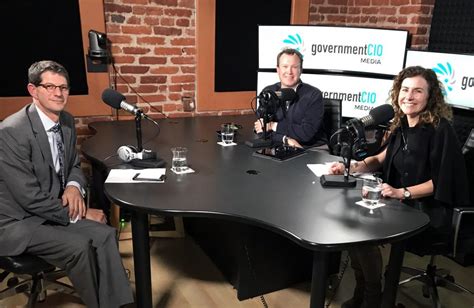A Quote by Lewis M. Branscomb
Technology policy - whether we should have one and what form such a policy should take - was a core issue of the 1992 presidential campaign, and in February 1993 the Clinton administration confirmed that fostering new technologies will be a critical part of its agenda for redirecting the American economy.
Related Quotes
Usually, being a volunteer organizer essentially means that I am part of a core base of individuals, that when we start a project - whether it be a big thing like the inauguration or whether it be something that's a longer-term, let's say, educational campaign about a foreign policy issue or a domestic issue - we sit together and we divvy up, and oftentimes it's relevant to different things we do.
Regime change has been an American policy under the Clinton administration, and it is the current policy. I support the policy. But regime change in and of itself is not sufficient justification for going to war--particularly unilaterally--unless regime change is the only way to disarm Iraq of the weapons of mass destruction pursuant to the United Nations resolution.
What will a Hillary Clinton presidency look like? The answer by now seems obvious: It will look like her presidential campaign, which in turn looks increasingly like the first Clinton presidency. Which is to say, high-minded ideals, lowered execution, half truths, outright lies (and imaginary flights), take-no prisoners politics, some very good policy ideas, a presidential spouse given to wallowing in anger and self-pity, and a succession of aides and surrogates pushed under the bus when things don't go right. Which is to say, often.
